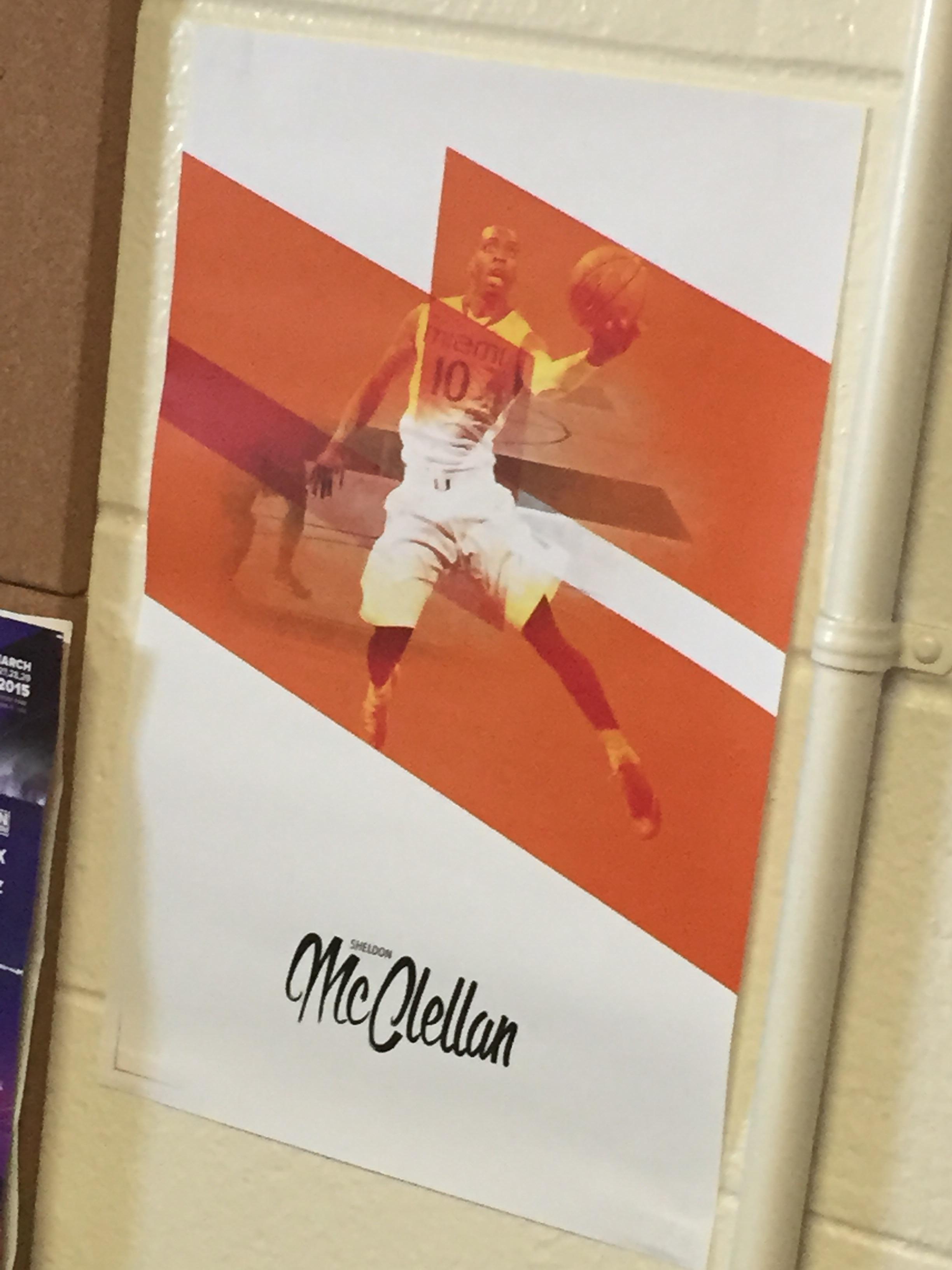Bottom line: ultimately there needs to be a minor league for football. That is the only true way that football players can "test the market." As it is, CFB is working within a model that is untenable in the long run.
The inherit problem with Minor-league football is obvious: It isn't the moneymaker that college football is...
Remember the WLAF (derisively labeled the "LAF league")?
There has never been a true minor league system for football. CFB has always existed in the landscape of football, and has always siphoned off the top prospects. It has long been the primary feeder for the NFL...without playing ball in college, there is virtually no chance a player will be seen by NFL scouts, which means no chance that players outside the realm of CFB will make it to the NFL.
Without CFB as we know it (or with a greatly reduced CFB that relied only on students who could feasibly get into and make it though college without the need for remedial courses and a system that encourages cheating and cutting corners in the classroom so one can devote time to on-the-field activities), there would be an increased need for a feeder system, and the top players would be able to shop their wares in the market in much the same way baseball players do.
Don't think we would see "NFL D League Gameday" in Wichita, Kansas for the Wichita Riveters vs. the Mobile Shipfitters. Better hope they include the goofy mascots that are the lifeblood of minor league baseball (Full disclosure: I have partial minor league baseball season tickets). College football players are pampered compared to minor leaguers; they would be in for a shock.
Do MLF teams draft from high schools?
Finally, with so much $$$ in college athletics at the big boy schools (O$Uck, Texas, Nike U), who is going to take on these big wheels in public?
Meh, Gameday only focuses on the top schools as is. We don't see Gameday at Furman or Akron or Wisconsin-Whitewater; they stick to Bama, FSU, Michigan, etc, with the exception of maybe one FCS game per year where some coach is going for a record.
To be sure, it'd take a lot of time to build rivalries in a minor league system, and it'd take some major long-term marketing efforts...but potential partnerships with local NFL teams would generate a fan base over time. And the on-the-field talent would be on par with FBS-level football now.
Keep in mind, I don't think this will happen any time soon. I think we'll keep putting lipstick on the pig. I think we'll keep hearing about "shocking" incidents of academic fraud like at UNC and FSU. I think we'll keep graduating players who can just barely write a complete sentence, and who ultimately get very little out of their college education. I think we'll keep hearing about players getting new cars and houses for their families and wads of cash on the low.
But the truth is that CFB is broken; the NCAA itself is broken, specifically because it cant handle the massive boondoggle of CFB. The only way that players will truly be able to "test the market" is to dissolve CFB as we know it and build up a minor league system.

